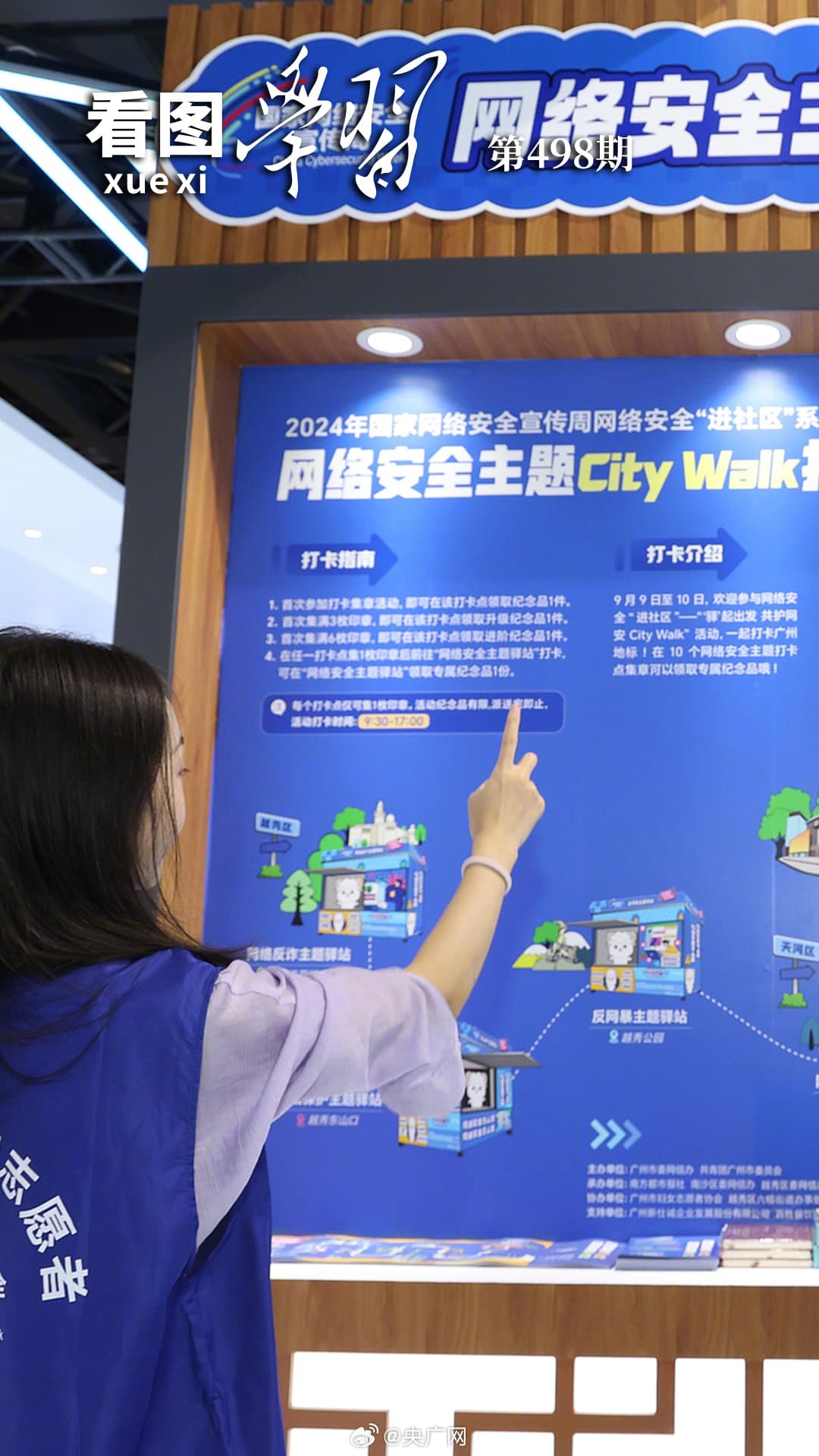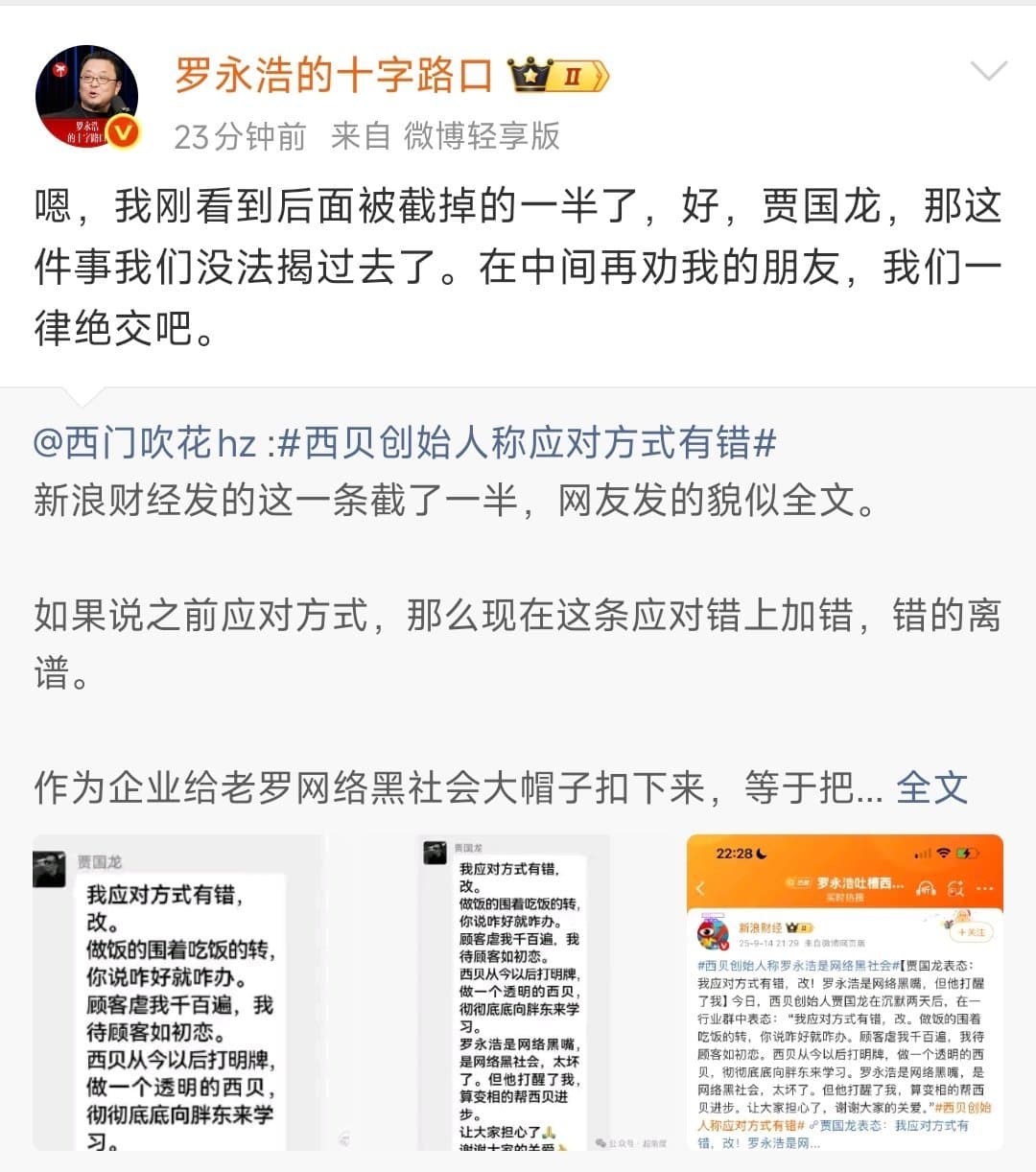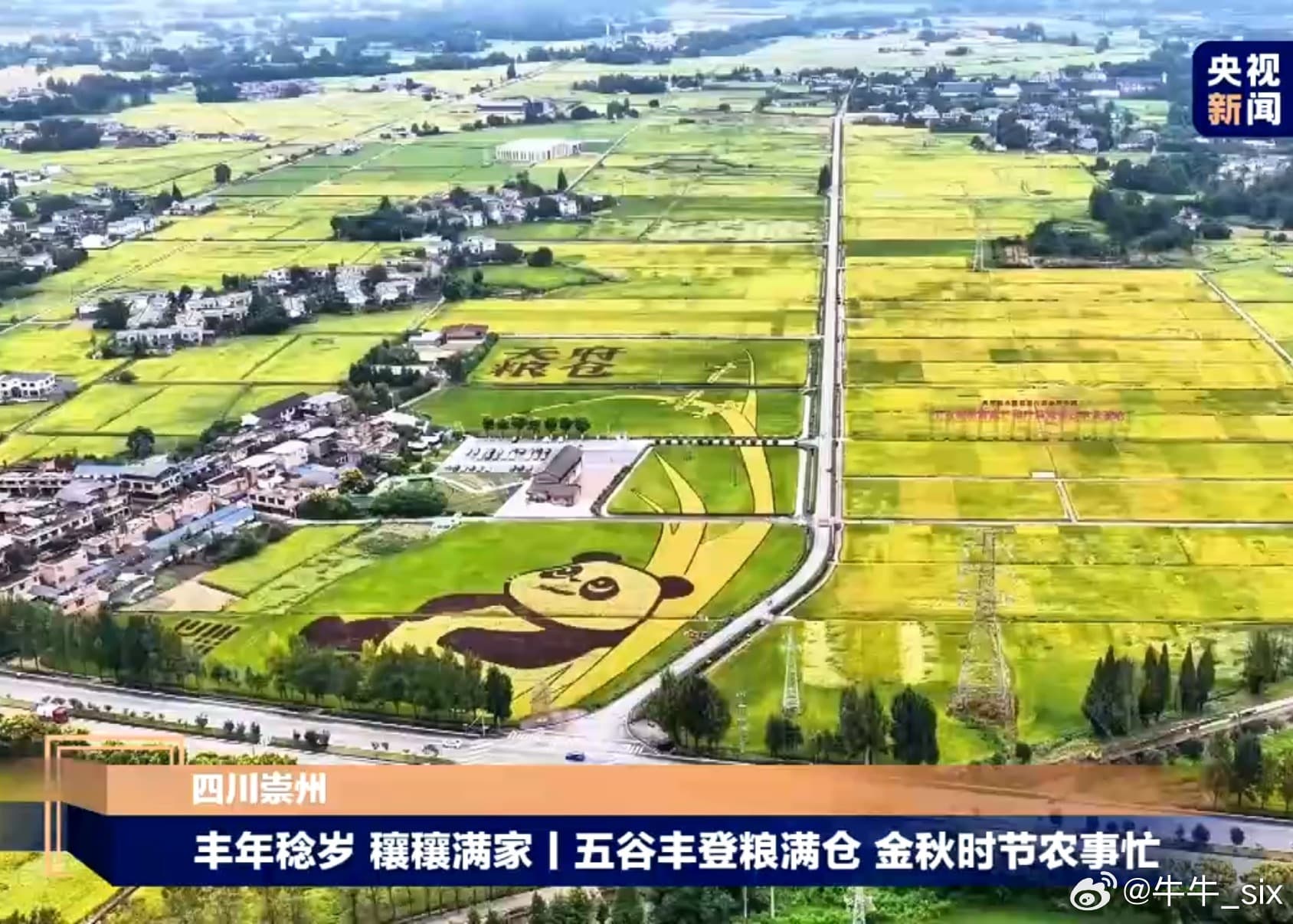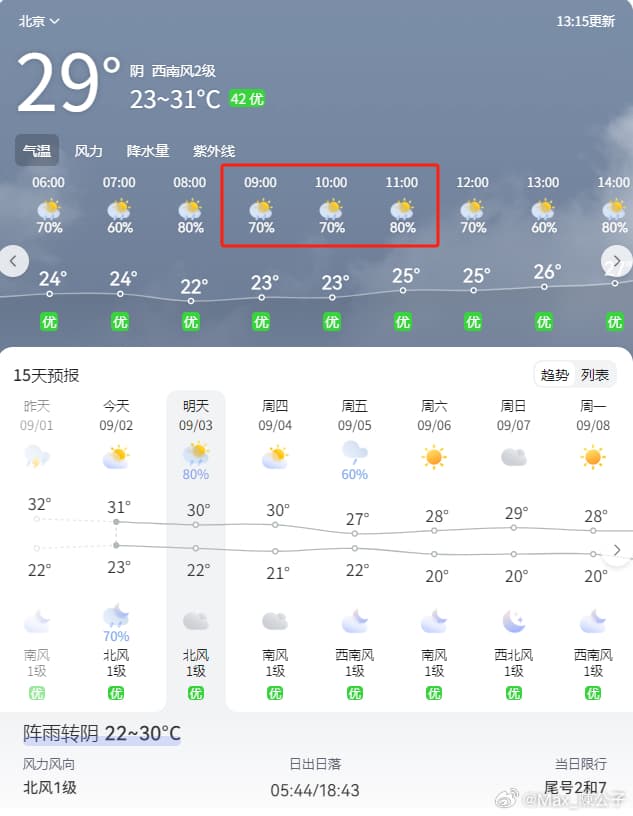Taiwan's New Leader Lai Ching-te Sparks Controversy with Pro-Independence Speech, Drawing Sharp Rebukes from China
On May 20, 2024, Taiwan witnessed the inauguration of its new leader, Lai Ching-te, marking the commencement of his term as the 16th leader of the country. Lai's speech, notably held on the anniversary of his ascension, has sparked significant controversy, drawing sharp rebukes from mainland Chinese officials and stirring debates on social media platforms such as Weibo. Lai Ching-te, a member of the Democratic Progressive Party (DPP), has been a vocal advocate for Taiwan’s independence.
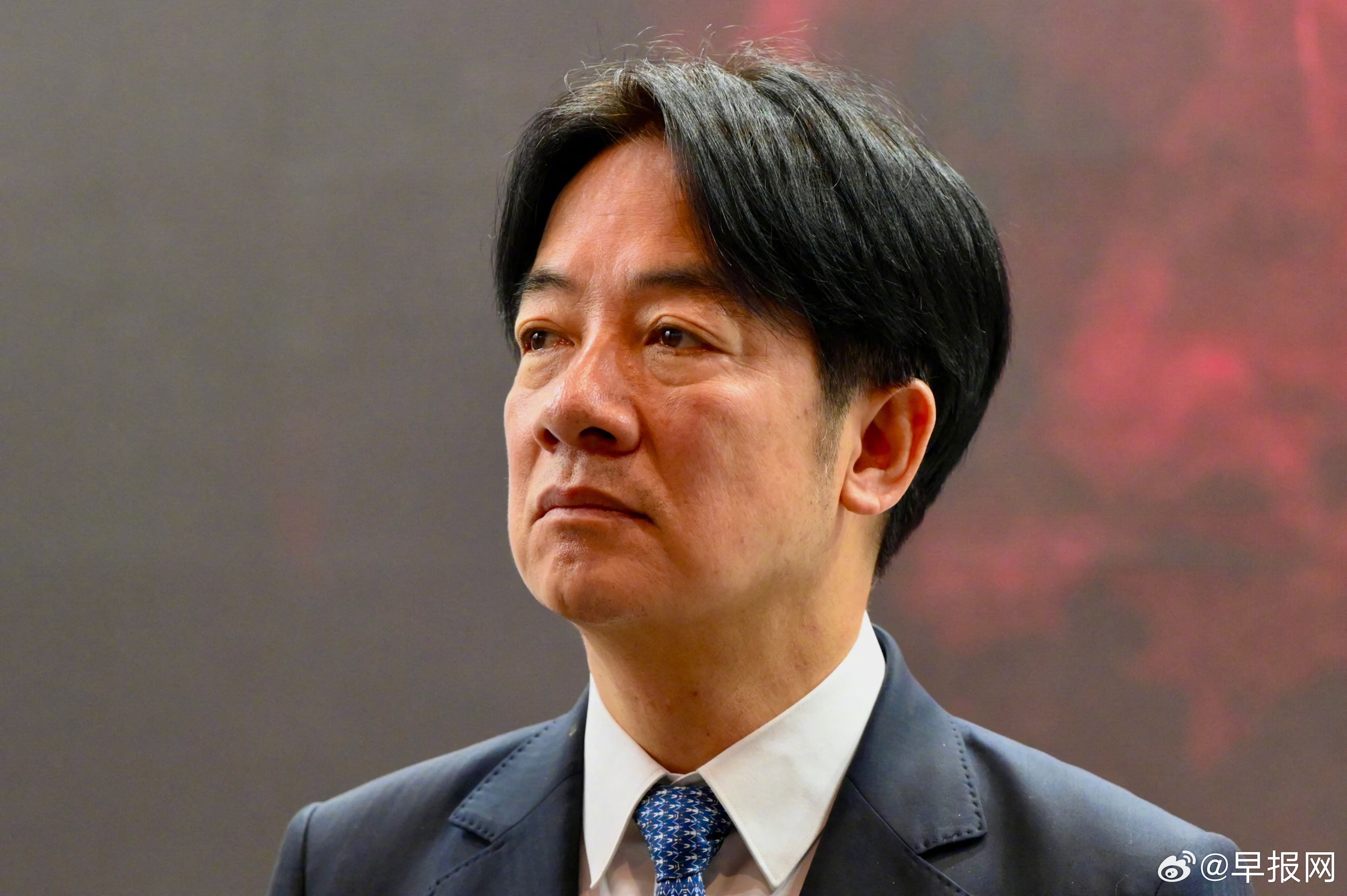
20 May 2024
In his address, he reiterated his stance on Taiwan as a sovereign state, which mainland China views as a direct challenge to its long-standing "One China" principle. This speech has been perceived by Beijing as a blatant provocation, with the spokesperson for the Taiwan Affairs Office (TAO) of the State Council, Chen Bin-hua, asserting that Lai’s comments were an escalation in the DPP's pro-independence rhetoric.
Chen Bin-hua's response was immediate and unambiguous. He accused Lai of “stubbornly adhering to a 'Taiwan independence' stance" and “fanning the flames of division,” which he deemed a threat to the peace and stability of the Taiwan Strait. Chen emphasized that the root cause of the current tensions across the strait lies in the DPP's refusal to acknowledge the "1992 Consensus," an agreement that embodies the "One China" principle. He stated, "We will not tolerate or condone any form of 'Taiwan independence' separatist activities."
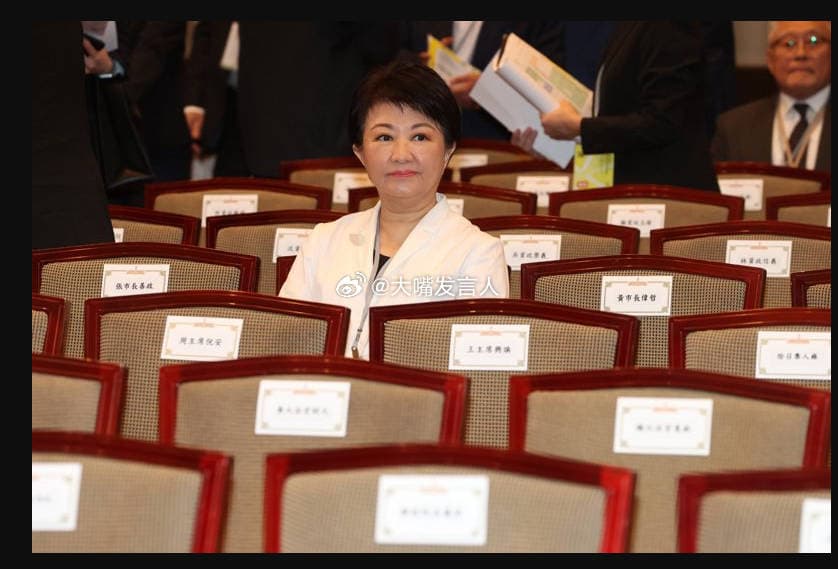
In his speech, Lai Ching-te also highlighted the potential for renewed cross-strait exchanges, such as tourism and educational opportunities for mainland students in Taiwan. However, Chen dismissed these remarks as disingenuous, suggesting that Lai's administration might pursue even more radical pro-independence policies than his predecessor, Tsai Ing-wen.
The inauguration ceremony itself saw the presence of high-profile international guests, including a U.S. delegation led by former Assistant to the President Thomas Donilon and former Deputy Secretary of State Richard Armitage, as well as 37 Japanese lawmakers. The spectacle also included a military display, featuring 37 military aircraft of various models. This show of force has been interpreted by some as a demonstration of Taiwan's readiness to defend its sovereignty.
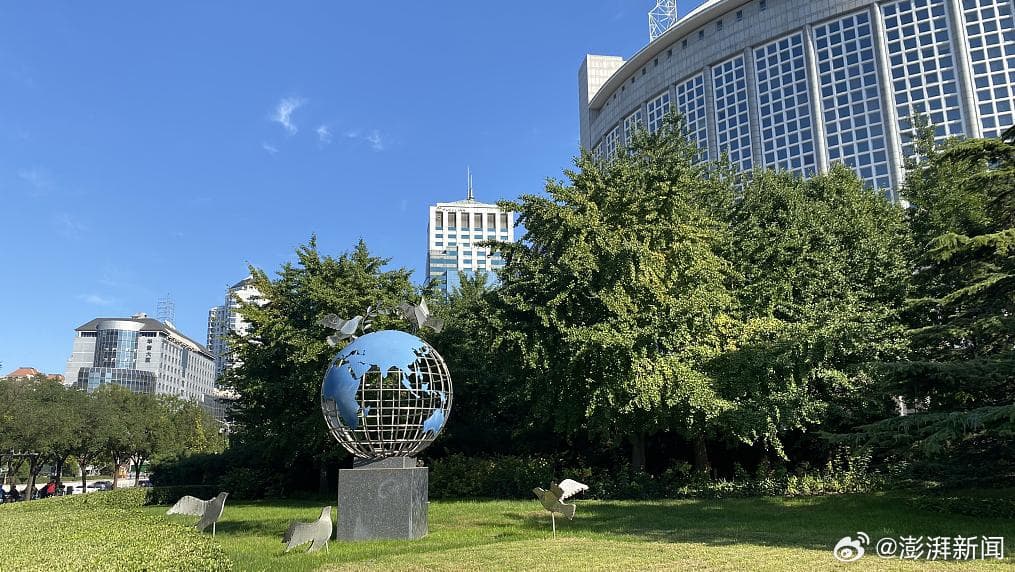
On social media, reactions to Lai Ching-te’s speech and the subsequent Chinese government response have been polarized. Many users on Weibo echoed the official stance, condemning Lai's pro-independence rhetoric and voicing support for China's unwavering position on reunification.
One user argued, "Taiwan independence is a dead end!" reflecting a common sentiment among mainland Chinese netizens. Another Weibo user criticized the perceived double standards in Taiwan's approach, saying, "Constantly seeking benefits and yet two people have died with no accountability.
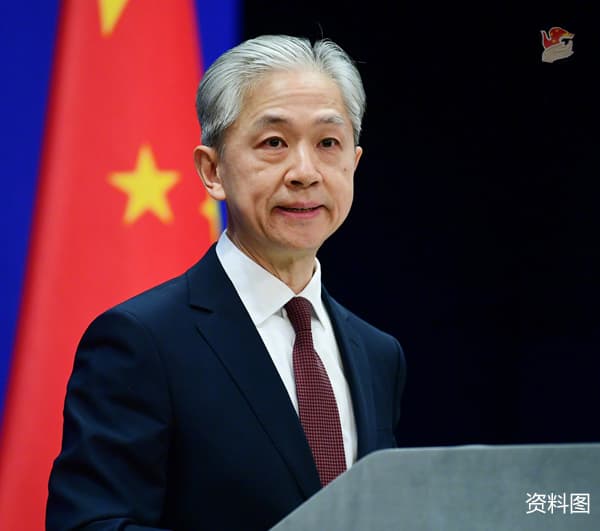
Who will believe what you say?" This comment alludes to frustrations over the lack of resolution in communication between the two sides. China's Foreign Minister Wang Yi, attending a Shanghai Cooperation Organization summit in Astana, reiterated the importance of the "One China" principle as the cornerstone of peace in the Taiwan Strait.
He underscored that any attempt to challenge this principle would end in failure, citing historic agreements such as the Cairo Declaration and the Potsdam Proclamation, which mandate the return of Taiwan to China post-World War II. Wang's comments were framed within a broader historical and legal context, reinforcing China's claim over Taiwan as indisputable.
At the same time, China's ambassador to Japan, Wu Jiang-hao, condemned the attendance of over 30 Japanese lawmakers at Lai's inauguration, describing it as a violation of the political agreements between China and Japan. Wu stressed that the DPP's longstanding pro-independence agenda only serves to undermine potential peaceful reunification and complicate cross-strait relations. Chen Bin-hua concluded his remarks with a strong affirmation of China's commitment to reunification, stating, "No matter how the situation on the island changes, no matter who comes to power, nothing can change the fact that both sides of the Taiwan Strait belong to one China. The basic pattern and development direction of cross-strait relations cannot be altered, and the historical trend of reunification will not be obstructed."
The current situation remains complex and contentious, as both sides continue to navigate their distinct political agendas and national identities. While Lai Ching-te’s speech may have intensified the debate, the long-standing issues surrounding cross-strait relations persist, with regional and global implications hanging in the balance. The international community continues to watch closely, as the future of Taiwan-China relations remains a critical and sensitive issue in the Asia-Pacific region.
